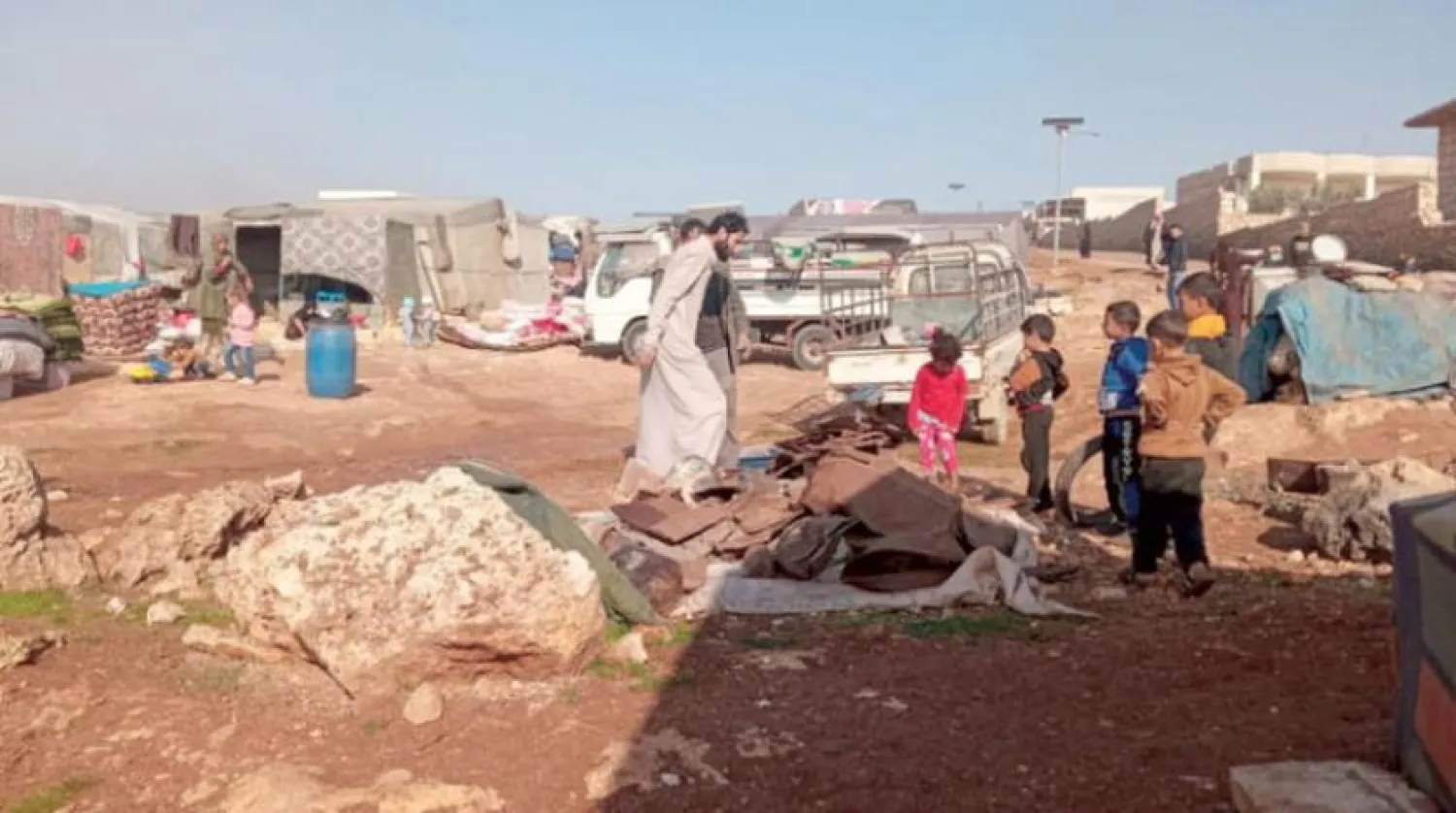The Directorate of Health in Idlib and other opposition-held Syrian region warned on Saturday that the failure to renew a United Nations resolution that allows the continued provision of humanitarian and medical assistance from Türkiye into northwest Syria will lead to a humanitarian disaster.
Local and international humanitarian organizations called on the UN Security Council to renew and extend the Syria cross-border resolution 2642 for at least 12 months to allow the continuing provision of humanitarian aid into northwest Syria through the Bab al-Hawa crossing.
Bab al-Hawa is the only open humanitarian crossing point into Syria on the border with Türkiye.
There is no viable alternative to getting vital aid into the area in sight Some 2.5 million people directly benefit from this humanitarian lifeline that secures free medical services provided by UN partner organizations.
“About 40 medical facilities, including 17 hospitals, 17 health centers, and three dialysis centers, in addition to a number of centers for thalassemia patients and other centers for tuberculosis control, are all threatened to close if the UN Security Council fails to renew and extend the Syria cross-border resolution,” said an official in the Idlib Health Directorate.
Shaza, 20, has been living with kidney failure for four years and undergoes dialysis once or twice a week.
She recently heard that the Qah Hospital in northern Idlib will not receive her and dozens of other patients, most of whom are displaced, when an international organization supporting the medical sector in the area stops sending medical and operational materials.
Shaza and her family came from the southern countryside of Aleppo. They now live in Al-Amal camp, north of Idlib.
“I am scared to hear that the Qah Hospital might stop accepting patients due to the lack of operational resources, medical aid, and medicines, which are provided by international organizations for free,” she said.
Shaza revealed that her family lacks the sufficient financial means to buy her medicine and to send her to receive dialysis twice a week.
In Idlib, nine dialysis centers that provide related medical services to about 500 patients, most of whom are displaced, are threatened to close if international organizations stop providing aid to the medical sector, warned Doctor Iyad al-Hassan.
He said hundreds of children with thalassemia and blood deficiency, as well as patients suffering from serious diseases, such as tuberculosis and cholera, will also be affected.
“This means that millions of citizens in northwestern Syria are on the verge of a terrible humanitarian catastrophe if international humanitarian aid and cross-border medical services are not delivered to the area,” al-Hassan warned.
In July, the Security Council renewed the resolution for six months only following numerous rounds of discussions after Russia vetoed a one-year renewal.
The resolution will be put to a vote again on January 10.
On Saturday, Médecins Sans Frontières (MSF) called on the United Nations Security Council to renew and extend the resolution.
“While we urge for continuous and enhanced support to respond to increasing needs, it is crucial to keep the flow of aid going and stop the enduring humanitarian crisis,” said Francisco Otero y Villar, MSF head of mission for Syria.
“Millions of people will have significantly less access to food, water, and healthcare if the Security Council fails to renew the cross-border resolution or renews it for less than 12 months. The failure to maintain this humanitarian lifeline will lead to preventable deaths,” he said.









